Premium Only Content
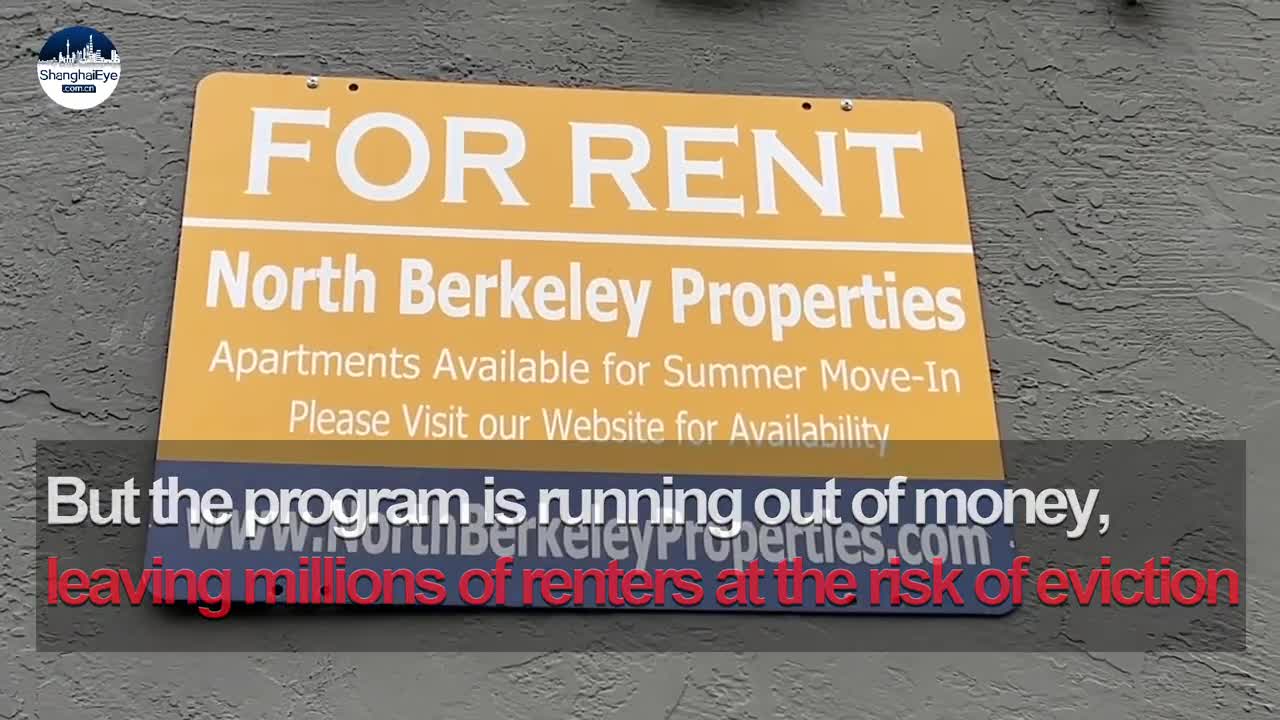
USA: Eviction filings are sharply going up as Emergency Rental Aid ends
Since the Supreme Court struck down the eviction moratorium in August 2021, renters have to turn to Emergency rental aid for help to ensure their home security. But now the federal program will start winding down this summer, leaving millions of Americans facing the rent debt and eviction notes.
The Emergency Rental Assistance Program, held by the U.S. Department of the Treasury, provides up to $46 billion to assist households and ease the affordable housing crisis. Now more than half of the fund has been spent, and programs in some places are now closing because of running out of money, sending the eviction filings to rise sharply. According to Princeton University’s Eviction Lab, which tracks 6 states and 31 cities, the eviction filing amount this week increased by 17.7% from the week of the previous month.
“Trends on evictions vary city to city and state to state, but they are trending upwards in general and in many places are overpassing pre-pandemic averages,” said Juan Pablo Garnham, a member of the Eviction Lab’s media team.
Numbers of states have shut down their program and refused to take more applicants, including Minnesota, California, Connecticut, New Jersey, and Texas, expecting an explosive rise in eviction filings.
"Our tenants are having to decide between buying food for their children or their elderly parents or paying rent. And that's a real tight squeeze," says Dana Karni of Lone Star Legal Aid in Houston.
Situations go worse with 40-year-highest inflation and soaring rent prices. Nationally, rents rose a record 11.3 percent last year, adding more burns to people who struggle to pay their rents without aid, according to real estate research firm CoStar Group. Besides, the supply-demand mismatch is squeezing the housing market. On the one side is people who cannot find available living places, on the other side is renters in the house afraid of eviction. Also, many small landlords are also heavily hit, as they also need to collect rent to cover their bills.
"It's kind of amazing that all this has happened right around the same time," Greg Brown of the National Apartment Association says, "and it's a real tenuous situation, for both providers and developers and residents." He stated that the market is so tight, as occupancy rates nationally have a record high of 97%.
Last Thursday, Treasury Secretary Janet Yellen said the global pandemic and the conflict between Russia and Ukraine highlight the possibility of big economic shocks in the future. She called for more permanent housing safety assistance for renters and homeowners:
"The crisis has exposed the need for a more permanent rental safety net. Housing stability is a foremost concern, not just in downturns, but in recoveries as well. And during this crisis, Treasury was at the forefront of establishing, for the first time, a national effort at scale for rental assistance. Emergency rental assistance has not only helped to keep evictions below their pre-pandemic levels, it also enabled states and localities to build an infrastructure for rental assistance going forward."
-
 2:13
2:13
KMTV
2 years agoFamilies scrambling as Emergency Rental Assistance Program ends in Nebraska
2 -
 2:37
2:37
KNXV
2 years agoData: Eviction filings in Phoenix
10 -
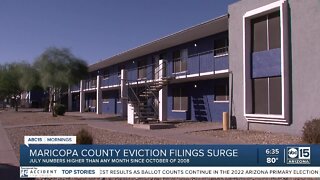 0:21
0:21
KNXV
2 years agoMaricopa County eviction filings surge
12 -
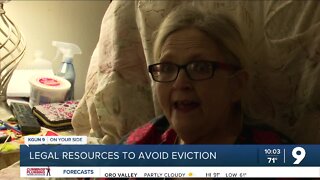 2:08
2:08
KGUN
2 years agoPima County's Emergency Eviction Legal Services program wins award
-
 0:53
0:53
WEWS
2 years agoMore funding for emergency rental assistance
2 -
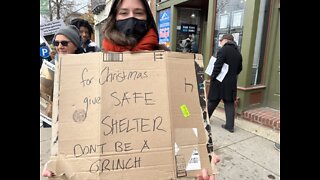 3:14
3:14
WXYZ
2 years agoDetroiters protest substandard rental units as eviction rise
1 -
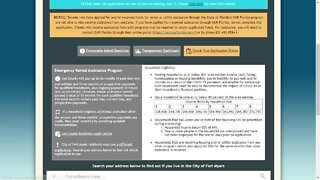 0:38
0:38
WFTX
2 years agoLee Cares Emergency rental forgiveness
2 -
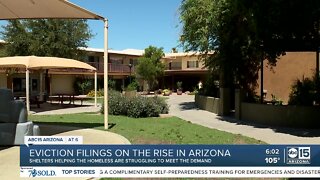 2:06
2:06
KNXV
2 years agoEviction filings on the rise in Arizona, shelters filling
3 -
 6:58
6:58
Wretched Watchmen
2 years agoGoing Dark: German Energy Emergency
6 -
 11:31
11:31
Moon Market
2 years ago $0.01 earnedEMERGENCY: THESE 5 STOCKS ARE GOING NUCLEAR!
75